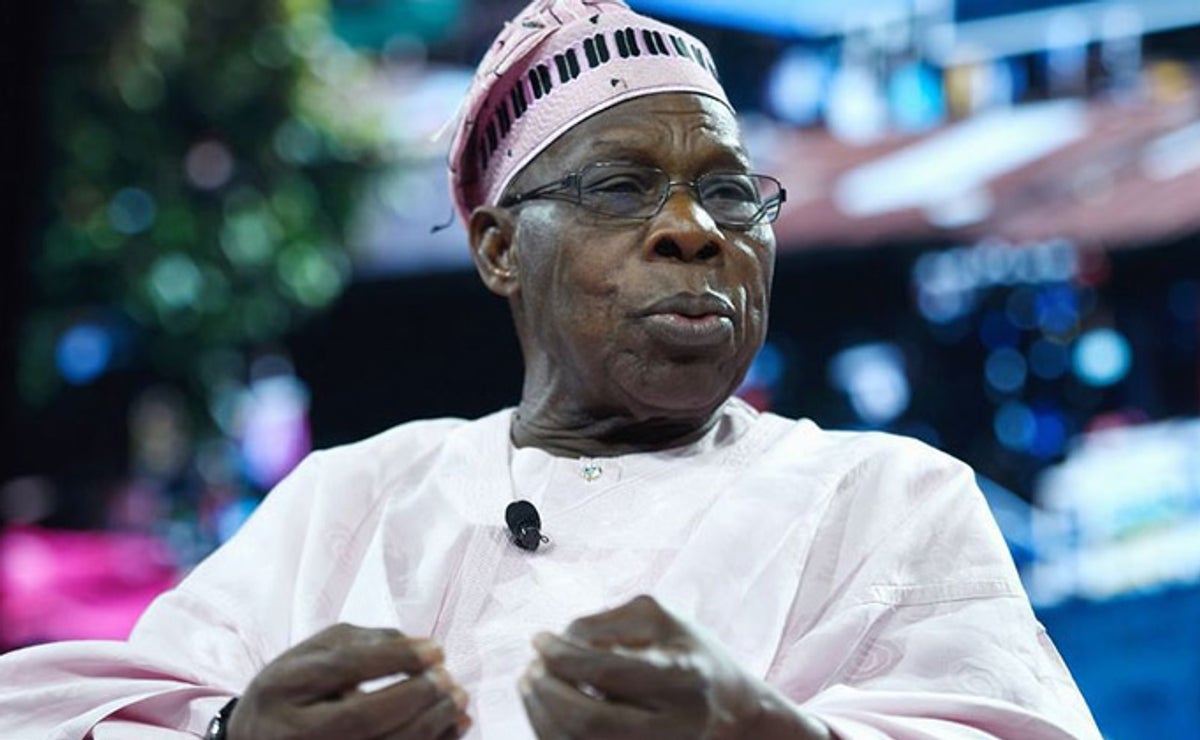Former President, Chief Olusegun Obasanjo has told African leaders to see COVID-19 pandemic as an impetus and not hindrance to the full implementation of the African Continental Free Trade Area (AfCFTA).
Obasanjo said the delay of the full implementation occasioned by the outbreak of the pandemic should give leaders “an opportunity to do the extra hard work that requires some time so that when we eventually go into operation we are battle-ready, and do so in full force.”
- Bandits strike again in Niger, kidnap 18 passengers
- Crisis persists in Ibadan despite closure of Shasha market
He also cautioned African countries not to allow agric-business and manufacturing sectors to degenerate in the face of COVID-19 pandemic.
A statement by Obasanjo’s Media Aide, Kehinde Akinyemi on Sunday, in Abeokuta, quoted him to have spoken when he featured in this week’s issue of ACCORD 2021 series of the COVID-19 Conflict and Resilience Monitor.
Obasanjo, in his submission, made a case for Africa’s self-resilience and finding home-grown solutions for the continent to bounce back in particular from the socio-economic devastations caused by COVID-19.
He said “When looking at trade, it is important to be clear in our understanding that COVID-19 has only delayed, but not derailed, the operationalisation of the African Continental Free Trade Area (AfCFTA).
“We must desist from the view that the AfCFTA is now off-track due to COVID-19. This is especially so because the necessary arrangements including the setting up of the Secretariat and the appointment of key officials have been done.
“However, we must be mindful of, and appreciate the fact that some aspects relating to the full operationalisation of AfCFTA require physical contacts, which cannot happen at this stage because of the measures put in place to deal with COVID-19.
“While it is true that COVID-19 has opened up opportunities to use online platforms and modern technologies to communicate, when we are talking about matters of trade and movement of goods, there is a limit to what you can do. COVID-19 measures have put some restrictions on movement of goods and people, on physical and personal contact, and these have affected business transactions.
“These barriers were put in place in order to make sure that there is no transmission of people who are affected and who may carry COVID-19 from one place to another. I also believe that, at times, delays may even allow you to be extra careful and therefore better prepared when you are launching something like the AfCFTA.
“So, this delay may actually give us an opportunity to do the extra hard work that requires some time so that when we eventually go into operation we are battle-ready, and do so in full force. I genuinely believe that nothing will happen that would derail the full implementation of AfCFTA, if anything, Africa must use this situation to fully prepare itself for the operationalisation once most of these restrictions are lifted.
“Happily, I observe that various parts of Africa are starting to open up to allow the movement of people and goods by sea, road, and air and this rekindles our hope that we will indeed see the implementation of our commitments to strengthen intra-African trade through the eventual full operationalisation of the AfCFTA. I see COVID-19 as an impetus rather than a hindrance.”

 Join Daily Trust WhatsApp Community For Quick Access To News and Happenings Around You.
Join Daily Trust WhatsApp Community For Quick Access To News and Happenings Around You.


